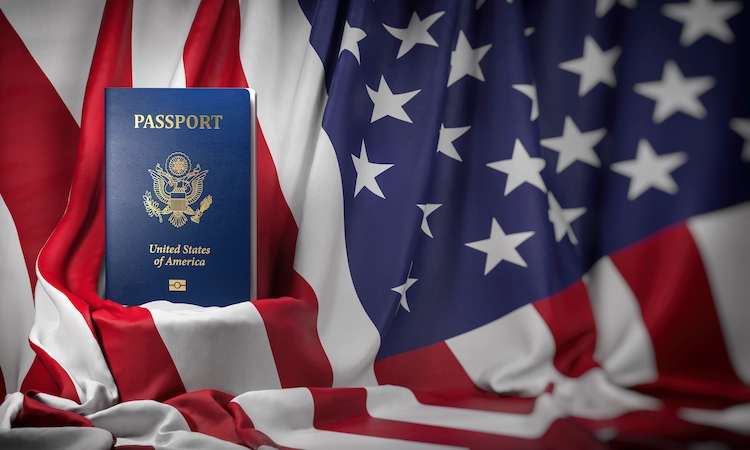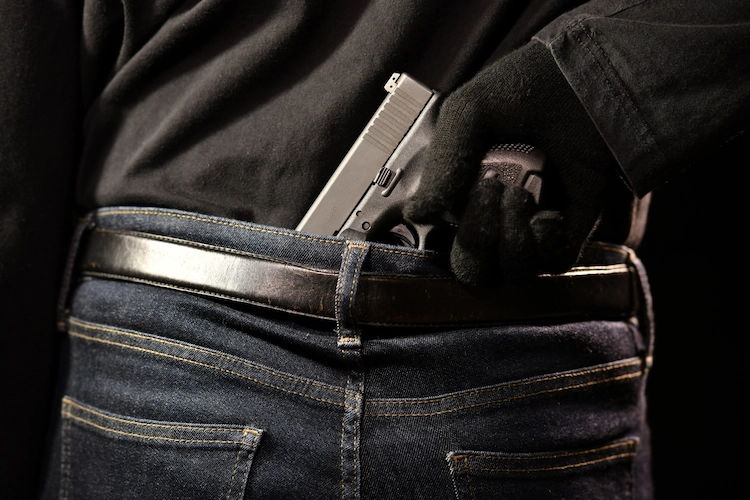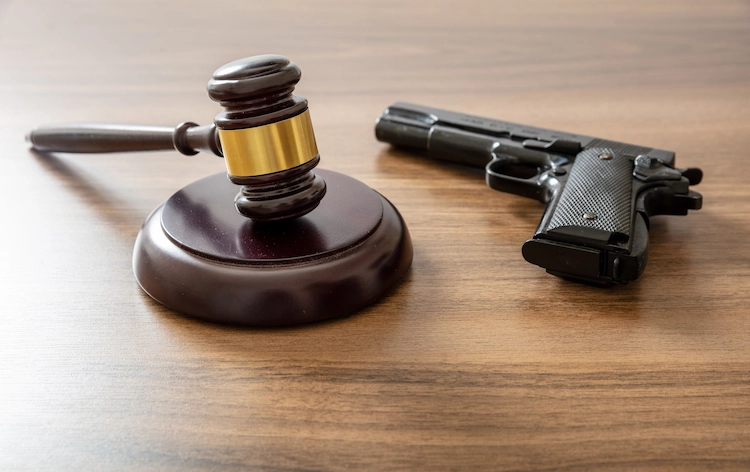NJ Supreme Court Holds Only Franchisees Can Sue under Franchise Practices Act

In New Jersey Coalition of Automotive Retailers, Inc. v. Ford Motor Company (A-724/089378) (Decided July 29, 2025), Justice Fabiana Louis-Perre writing for a unanimous Supreme Court of New Jersey held that the New Jersey Coalition of Automotive Retailers lacked standing to file suit against automakers over alleged violations of the Franchise Practices Act. Citing the plain language of the statute, the Court concluded that standing is limited to franchisees.
Facts of New Jersey Coalition of Automotive Retailers, Inc. v. Ford Motor Company
The New Jersey Coalition of Automotive Retailers (NJCAR) sued Ford Motor Company, alleging that its Lincoln Commitment Program (LCP or the program) violates FPA provisions barring price differentials set forth in N.J.S.A. 56:10-7.4(h). NJCAR “represents all of New Jersey’s franchised new car and truck retailers,” and its members include over five hundred dealerships, which is the overwhelming majority of dealerships in New Jersey. Eighteen of defendant Ford Motor Company’s Lincoln franchisees are NJCAR members, but at least one of those Lincoln dealerships was not a member during parts of the litigation. As a trade association, NJCAR represents the interests of its franchisee members but is not itself a franchisee.
The trial court found that N.J.S.A. 56:10-10 prohibits non-franchisees from bringing suit, thereby denying NJCAR statutory standing. NJCAR appealed, arguing that statutory standing is irrelevant because it has associational standing. The Appellate Division reversed. It held that NJCAR satisfied factors for associational standing and that New Jersey’s liberal standing doctrine did not countenance dismissal on statutory standing grounds.
NJ Supreme Court’s Decision in New Jersey Coalition of Automotive Retailers, Inc. v. Ford Motor Company
The New Jersey Supreme Court reversed, holding that only franchisees can bring suit under the FPA. Justice Fabiana Pierre-Louis wrote on behalf of the unanimous Court.
In reaching its decision, the New Jersey Supreme Court acknowledged that courts traditionally take a broad approach to standing. It also noted nonprofit organizations have representative standing to pursue claims on behalf of their members that are of common interest and could not more appropriately be pursued by individual members. At the same time, the Court emphasized that there is a difference between the absence of an affirmative grant of standing and a statutory scheme “so specific and focused on regulating the conduct between defined persons, entities, or groups that it unmistakably limits standing to the regulated persons, entities, or groups.”
The New Jersey Supreme Court evaluated the FPA under these standards, concluding that only franchisees can bring suit under the FPA. As Justice Pierre-Louis explained:
In providing that “[a]ny franchisee may bring an action against its franchisor,” the FPA uses specific terms that set boundaries as to who can bring an FPA action, and against whom. By using those terms, the Legislature made it evident that a cause of action arising from the FPA must be specific to the individual franchisee-franchisor relationship. In plain and unambiguous language, the statute states that franchisees are the only ones who can bring actions against their franchisors for violations of the FPA.
The New Jersey Supreme Court went on to find that because NJCAR is a trade association whose members consist of franchisee motor vehicle dealerships in New Jersey, it is not itself a motor vehicle franchisee. Accordingly, it lacks statutory standing to sue under the FPA. The Court did not reach whether NJCAR would have associational standing to sue on behalf of its members under a different cause of action.








